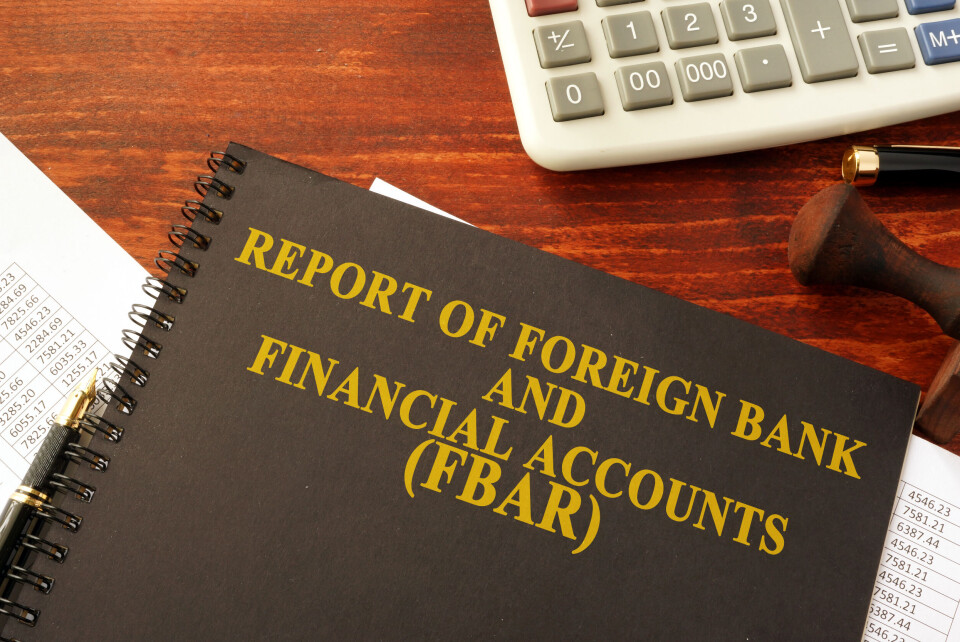-
How accurate are time estimates for French hiking paths?
Mathematical formula is basis for sign figures
-
My French cleaner is too familiar with me
Columnist Cynthia Spillman advises a reader on setting boundaries
-
Travelling during a residency card renewal: how can I show I am exempt from EES?
Tens of thousands of ‘Brexit’ cards are nearing expiry this year
Must Americans declare their French bank accounts to the US?
We look at the rules around FBAR declarations

Reader question: As an American in France, do I need to make an FBAR declaration for my French bank account?
Although a requirement for most Americans living abroad, not everybody will have heard of an FBAR (Report of Foreign Banks and Financial Accounts)
This is an annual report submitted to the Financial Crimes Enforcement Network (FinCEN), which is a bureau of the Department of the Treasury.
The form notifies them of the status of foreign bank accounts held by Americans, and it is mandatory provided an account meets a certain monetary threshold.
If the assets of a foreign account, or the total held in foreign accounts if you have more than one, pass $10,000 (around €9,210), even if this only happens on one day of the year, the owner of the account must file an FBAR.
An FBAR is required for both American citizens and residents, as well as for companies, estates, trusts, and partnerships from the US.
Even if you have completed a Form 8938 for the IRS, you must still file an FBAR report, as these are sent to different US financial departments.
How do I submit the FBAR?
The declaration can be submitted online, through a FinCEN Form 114, found here.
You cannot save progress on the form, so will have to complete it in one go, and it is recommended to check what information you will need before starting the process (you can scroll down on the page and see what is required through the link).
You can contact the Internal Revenuse Service (IRS) via the telephone (+1 313-234-6146 if outside of the US) to request a paper version of the form but you need permission to submit the declaration in this way and cannot just print off a form yourself.
The deadline for completing the form is technically April 15 (the same as income tax returns in the US) but an automatic extension to October 15 is applied to file the FBAR, if you miss the original deadline.
After this, those who fail to submit are liable to fines.
Read more: American in Paris protest over undeclared Swiss bank account
You must keep a record of the French account you submit an FBAR report on for at least five years after the submission date, as part of IRS auditing rules.
It should contain the following information:
- Name on the account
- Account number
- Name and address of the foreign bank
- Type of account
- Maximum value during the year
There is no specific document containing this information that you need to keep, but the IRS recommends a bank statement or otherwise simply a copy of your filed FBAR containing the information (a read-only version is available for download if you declare via the online form).
There are some situations where you are exempt from filing an FBAR, including if you are using a US military bank, the bank account in question is a government entity, or the assets are held in an individual retirement account (IRA).
A certified public accountant can also file an FBAR for you, provided they are a ‘Registered BSA E-Filer’.
You can find more information about the FBAR on the Association of American Residents Overseas website here.
Related articles
Need to print off a paper tax return form? Here is how
Avoid income tax return errors by understanding the French system
























